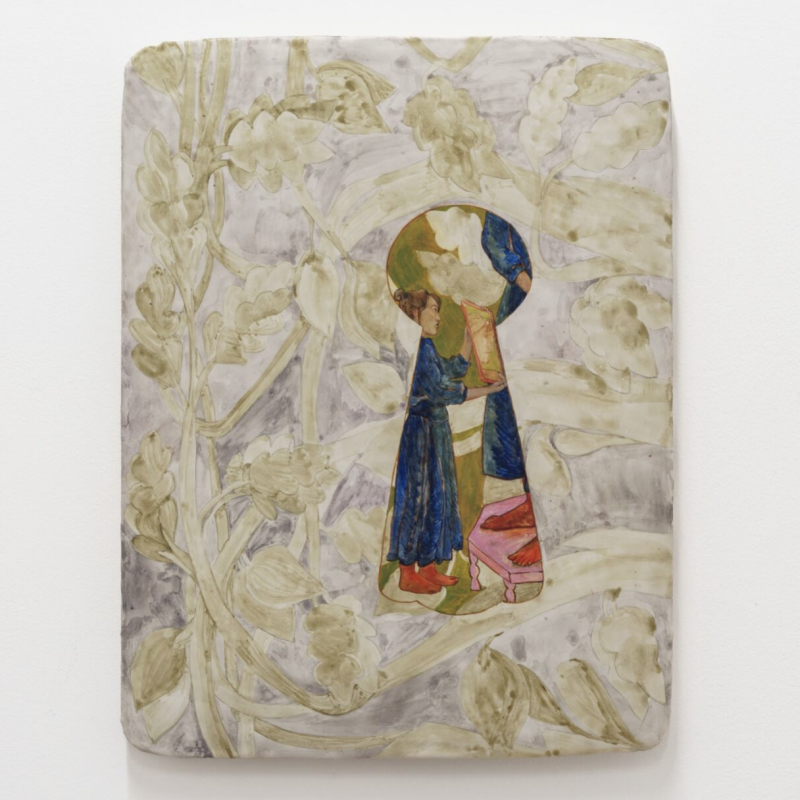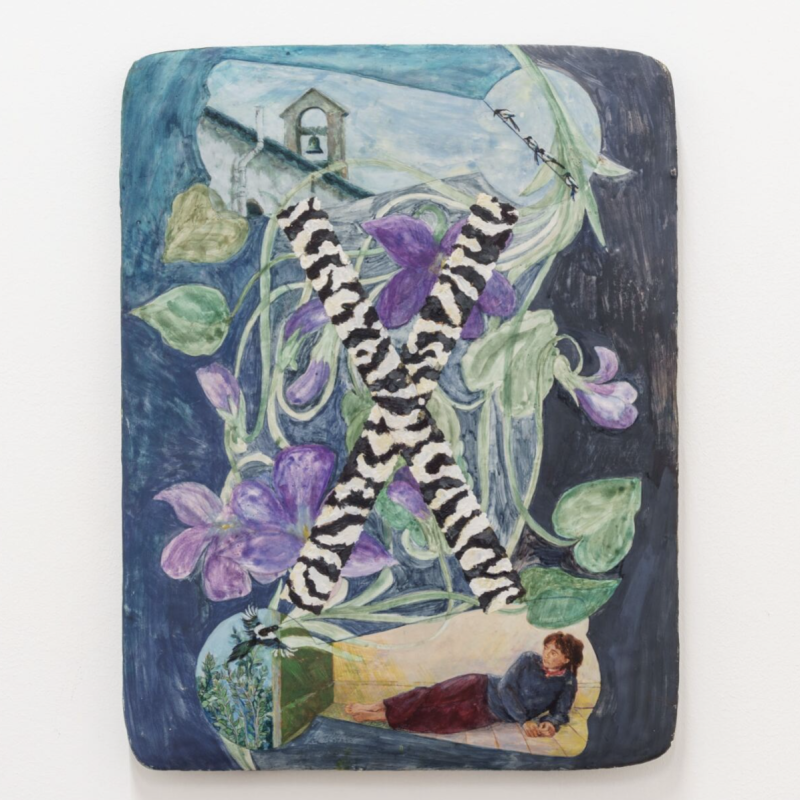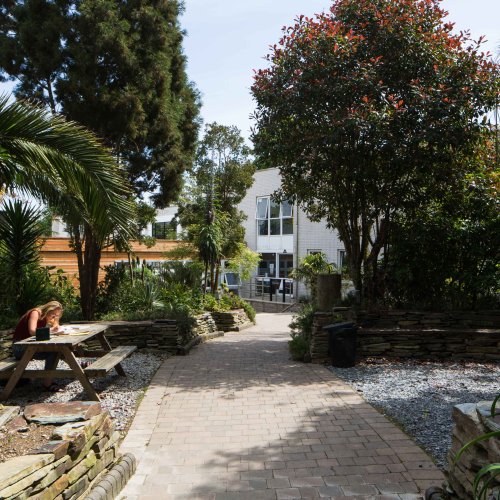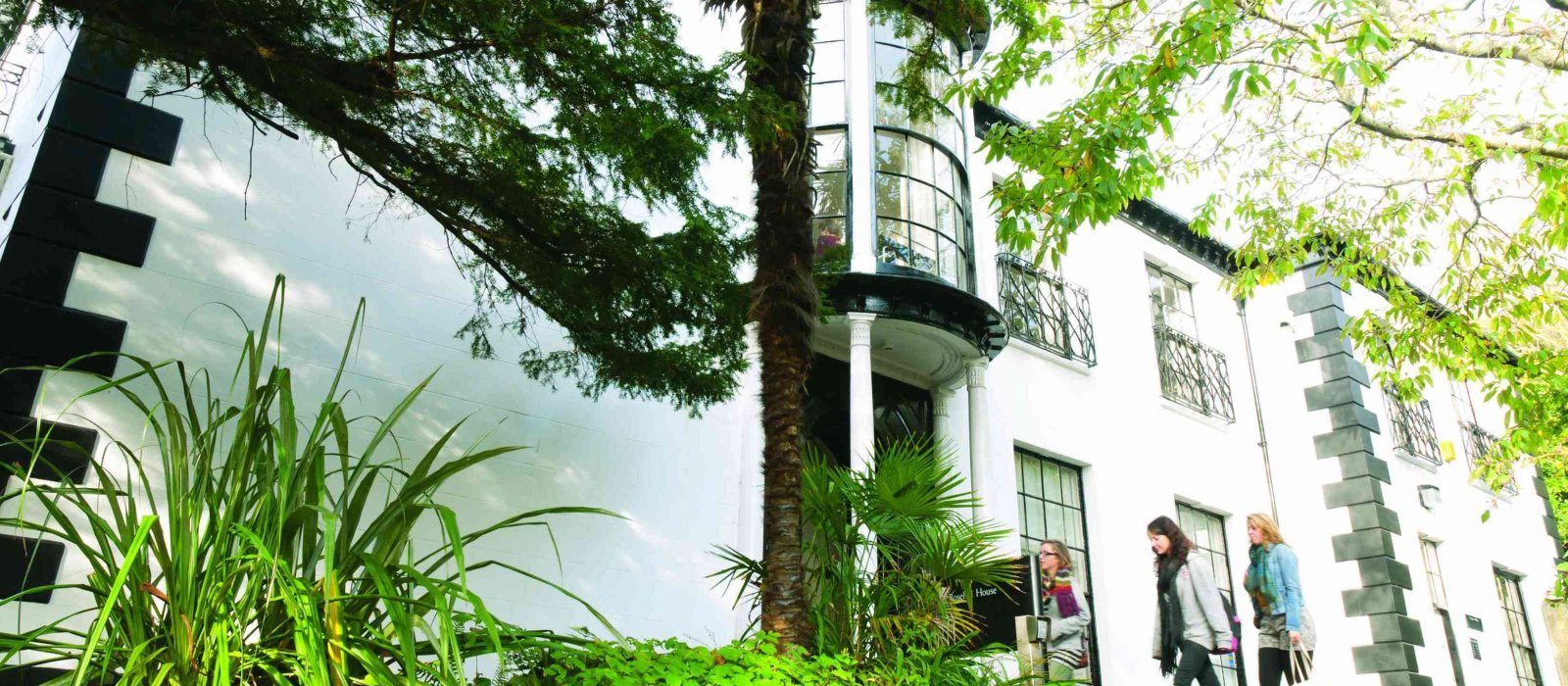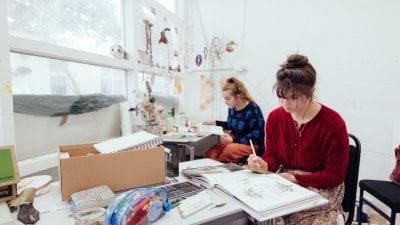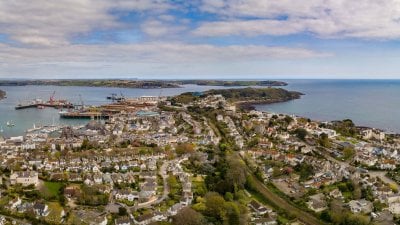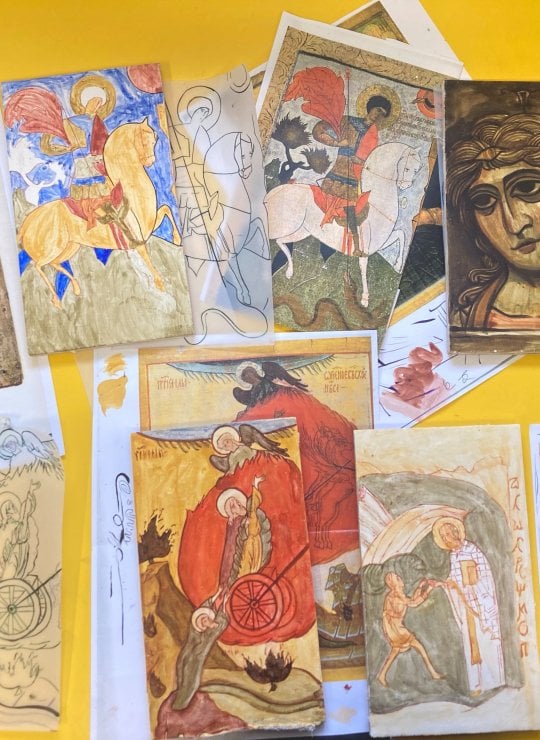
Tempera Painting
Fuse historical tempera painting techniques with contemporary style
Course overview
This immersive five-day, on-campus course is a practical opportunity to dedicate time to the study of tempera painting – a rich, heritage medium – to inform your own artistic practice. The course includes one day on-location in St Ives and four days on campus at Falmouth. Egg tempera is a paint type typically associated with Medieval painting and traditions of icon painting.
Typically, tempera painting includes richly symbolic forms of image-making that contain luminescent colours, structured compositions and fine detailed brush-work; rather than communicating what the world looks like, they seek to communicate a sense of going beyond the real. Some of the most famous artworks of all time - such as Duccio’s Madonna and Child, The Wilton Diptych, Medieval Russian icons and Piero Della Francesca’s Portrait of the Duchess of Urbino - are examples of tempera in practice.
You don't need to be a practicing artist to enjoy and develop new skills on this course. With use of our dedicated art studios and facilities, and expert guidance from our staff, this is a course for anyone with an eye for beautiful, historical artistic form.
Explore all of our summer short courses
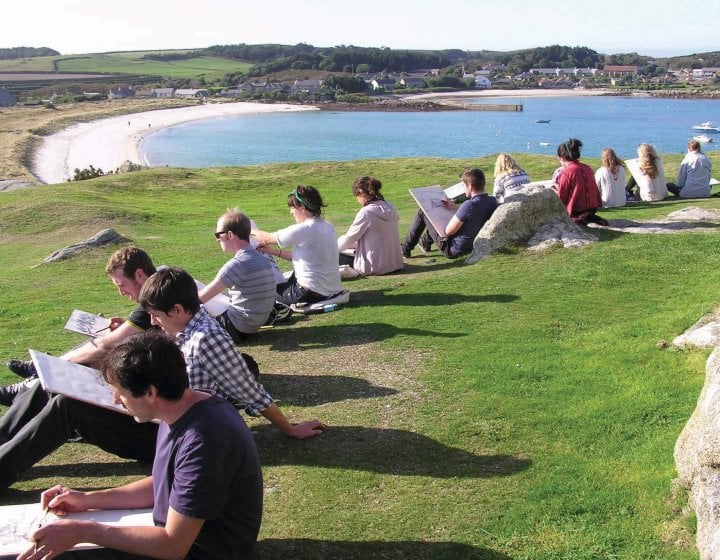
Drawing
This five-day drawing course will lead you on a journey through Cornish places, landscapes and hist...
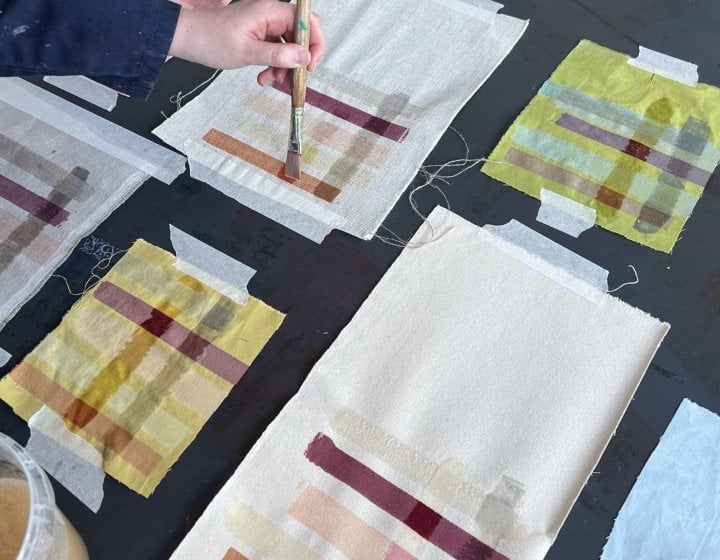
Fashion & Textiles: Explore Natural Dye
Join our unique five-day short course at our Fashion & Textiles Institute, with an expert team of cr...
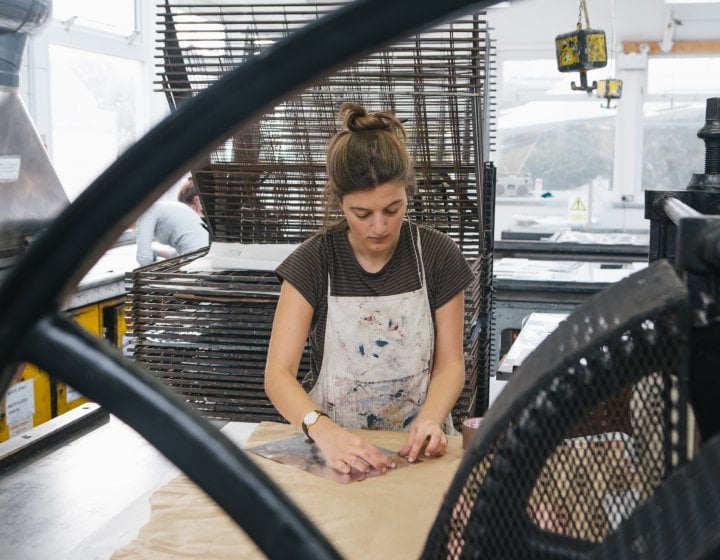
Making Colour Etchings
This five-day course is for art practitioners with some previous printmaking experience who wish to ...
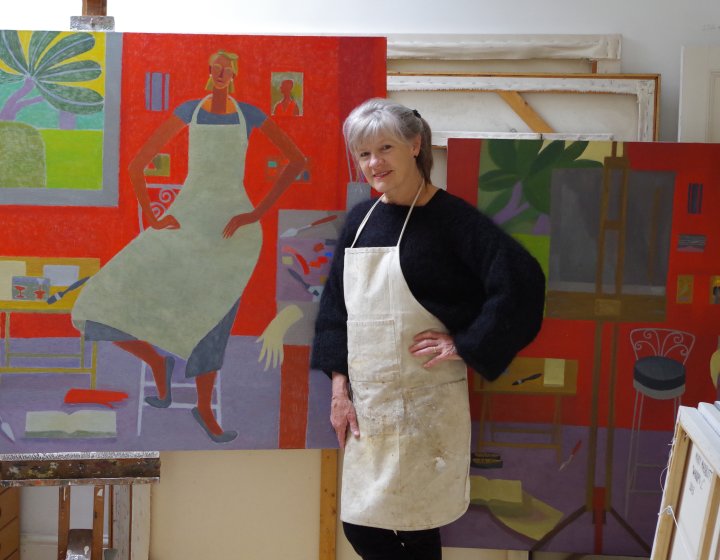
Painting: Colour Workshop
This practical five-day painting course is designed to present the principles of colour contrast. Yo...
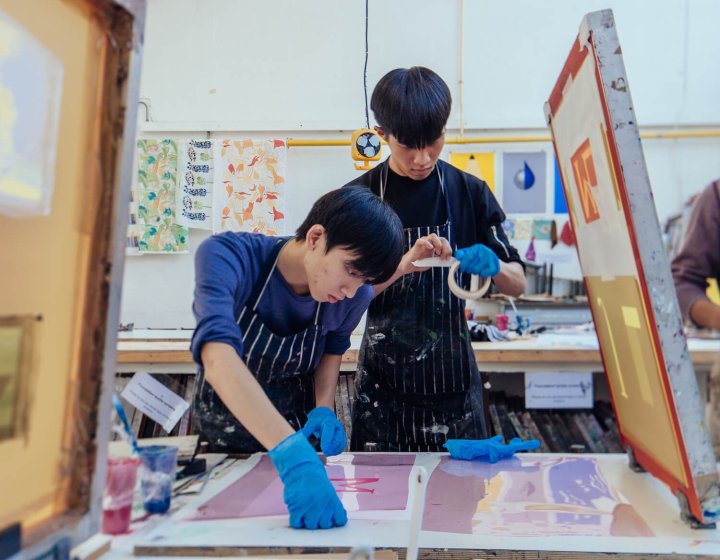
Screen Print
This is a five-day course for practicing artist/printmakers who have an interest in furthering their...
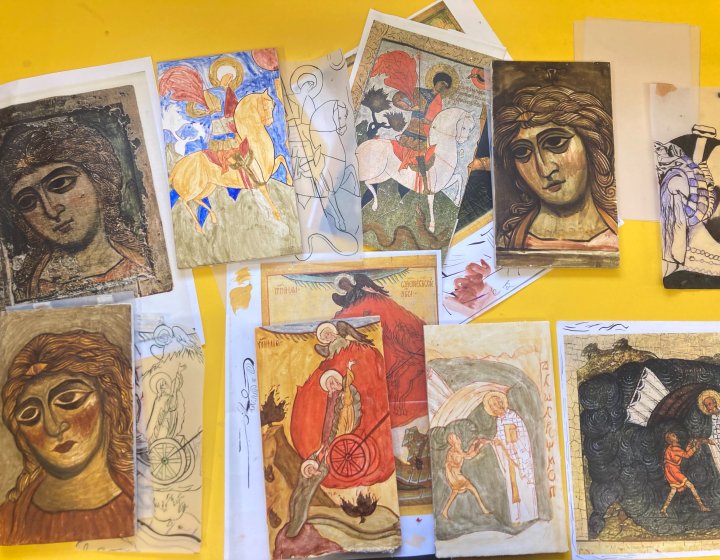
Tempera Painting
This five-day, immersive on-campus course is a practical opportunity to dedicate time to the study o...
